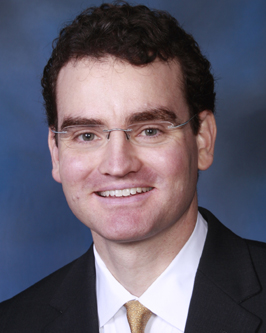Members of the African Head and Neck Society and of the AHNS have been collaborating closely to promulgate resource appropriate clinical practice guidelines for cancers of the head and neck.
Head and neck cancers are principally a developing world problem, with developing countries accounting for 75% of head and neck cancers, and 80% of deaths from head and neck cancer. However, due to limited access to investigations and treatment such as cytology, imaging, (chemo)radiation, complex surgery, and even thyroid and calcium monitoring and replacement after thyroidectomy, international guidelines have limited value in resource limited settings. They can even be harmful, e.g. by rendering a patient hypothyroid after thyroid lobectomy, or hypocalcemic following total thyroidectomy when thyroid and calcium monitoring and replacement therapy are not available or affordable to the patient.
The AfHNS was established by a group of African fellowship-trained head and neck surgeons in 2016. It has benefited from the support of members of the AHNS in relation to teaching and training, research and scientific contributions to its annual conferences, and support of a scholarship for an AfHNS member to attend the annual AHNS meeting.
In December 2018 a task force comprising African, AHNS, and European head and neck and endocrine surgeons met in Cape Town to adapt the NCCN guidelines for evaluation of thyroid nodules and management of thyroid cancers and goitres in limited resource settings (Video). This led to the promulgation of resource-appropriate guidelines for thyroid tumours and large goitres in January 2019.
Subsequently guidelines have been promulgated for parotid and submandibular cancers, as well as for glottic, supraglottic and hypopharyngeal cancers. Oral cancer guidelines will be released soon, to be followed by other head and neck cancer sites.
These guidelines represent the combined expert opinions of head and neck surgeons in Africa and the USA and Europe, and precisely tailor the management of cancers of the head and neck according to available resources. They are directed not only at resident surgeons and oncologists in developing countries, but also at developed world surgeons undertaking short term humanitarian trips, such that they may better avoid providing inappropriate care. Promulgating these guidelines demonstrates the value that the AHNS can bring to addressing head and neck cancer in developing countries.
The African Head and Neck Society (AfHNS) Clinical Practice Guidelines for Head and Neck Cancers in Developing Countries and Limited Resource Settings can be found at the following websites:
https://
http://www.entdev.uct.ac.za/
Respectfully,
Johannes Fagan MBChB, MMed, FCS (ORL)
Vice-Chair, AHNS International Advisory Service
[email protected]
Mark Zafereo MD, FACS
Chair, AHNS Global Outreach Service
Member AHNS International Advisory Service
